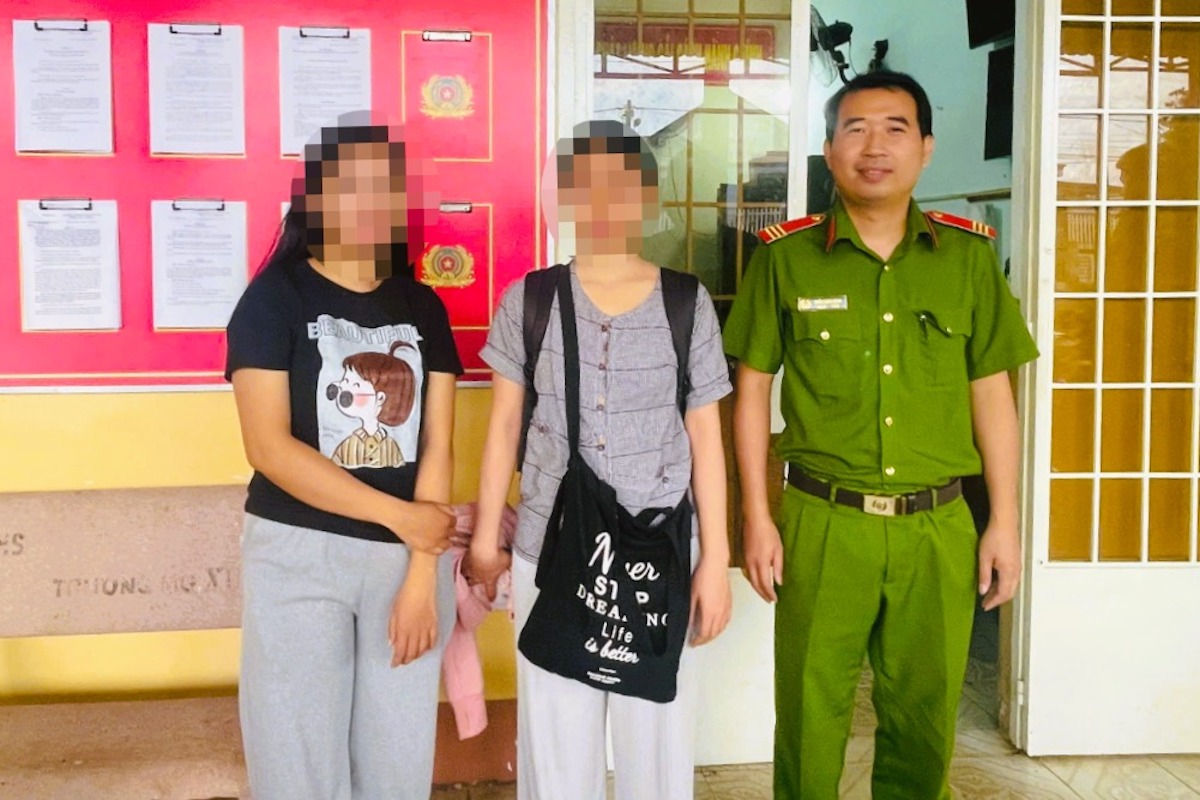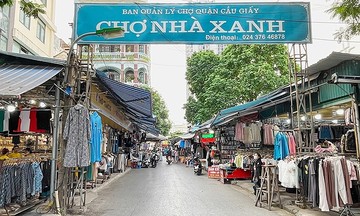On 20/9, Xuan Lap ward police reported they collaborated with Ho Chi Minh City police to prevent the online kidnapping of a 20-year-old student. The kidnappers had demanded a 600 million VND ransom from her family.
Xuan Lap ward police received information from Thuan Giao ward police (Ho Chi Minh City) regarding a female student being held in an online kidnapping scheme and confined to a motel within their jurisdiction. The police quickly located her at a motel in the central area and rescued her.
The victim was distressed, scared, and uncooperative with the police because the scammers had manipulated her. They warned her not to contact her family or any strangers, threatening immediate imprisonment if she disobeyed. Only after the officers explained the situation and showed her information about online kidnapping scams did she realize she had been deceived.
After the victim was brought to the Xuan Lap ward police station, the scammers continued their threats by phone. When deputy police chief Lieutenant Colonel Nguyen Hong Manh answered the call, a man claiming to be Khoa, a lieutenant colonel from the Hanoi City Police Department's Drug Crime Investigation Unit, said, "The ward police have interfered with our important mission. Tomorrow, we will report this to the authorities and have you removed from your position, comrade Manh."
 |
The 20-year-old student rescued by Xuan Lap ward police. Photo: Police Department |
The 20-year-old student rescued by Xuan Lap ward police. Photo: Police Department
According to the victim, she received a call from the scammers who claimed to be the director of the Hanoi City Police Department's Drug Crime Investigation Unit. They accused her of involvement in drug trafficking and money laundering. They demanded that she rent a motel room in Dong Nai and tell her family she had been kidnapped, forcing them to transfer 600 million VND.
Online kidnappings have become increasingly common across many regions. Criminal groups, often operating from abroad, impersonate legal authorities and use platforms like Facebook and Zalo to make threatening calls and demand ransoms. Police departments in various provinces and cities have warned the public, especially young people, to be vigilant to avoid falling prey to these high-tech scams.
Phuoc Tuan











